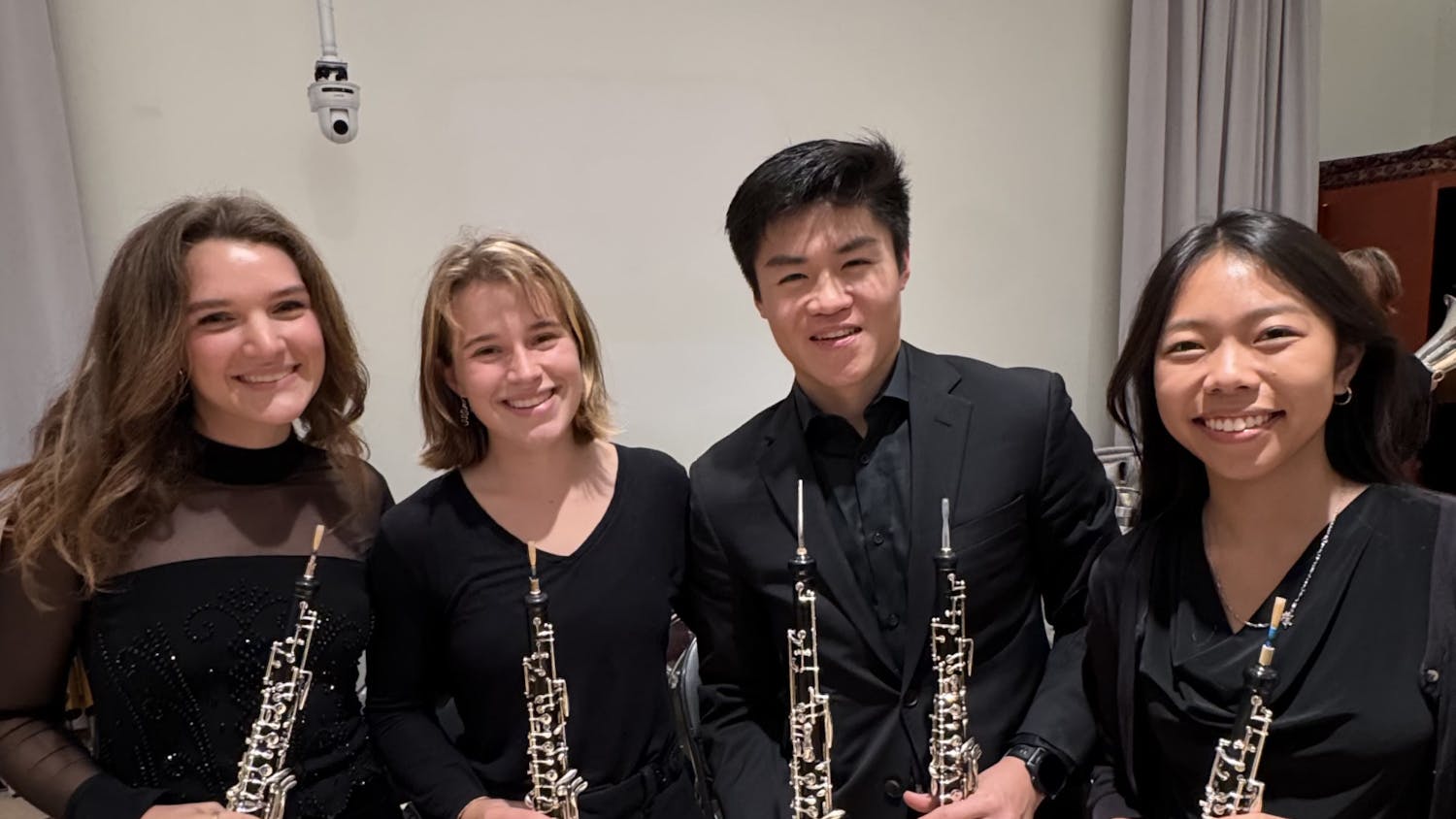Contrary to popular belief, the Most Interesting Man in the World is not the Dos Equis guy. That title rightfully belongs to Werner Herzog, a man that French director Francois Truffaut once called "the most important film director alive." During a career that has spanned over 50 years, Herzog has made countless documentaries, features and shorts and has occasionally acted.
In addition, he is known for eccentric endeavors such as eating his own shoe and saving Joaquin Phoenix from a car wreck. For the next few days, however, the multihyphenate adds another title to his list as he prepares to take up residence as the latest Montgomery Fellow.
Herzog was born in Germany during World War II and first became enraptured with filmmaking when he was a young boy. He taught himself the craft and eventually became part of the New German Cinema, a film movement dedicated to creating German cinema based on artistic values rather than commercial ones.
Herzog's international profile rose when he made "Aguirre: Wrath of God" (1972) with Klaus Kinski. Their relationship was marked by a tumultuous production, primarily caused by Kinski's erratic behavior. Nevertheless, Kinski and Herzog worked together multiple times until Kinski's death in the 1980s. In a way, Kinski complemented Herzog's artistic vision, and that was more than enough to keep working with him, Herzog said.
"No one will ever ask if Marlon Brando was a pestilence on set," Herzog said. "Great acting is great acting."
Within New German Cinema, Herzog was a "singular" figure, film professor Mark Williams said.
"Even in that [New German Cinema], he had his own voice and his own vision," Williams said.
Today, Herzog is known for his feature films and documentaries. Despite their different narrative forms and subject matter, however, Herzog's films are all bound by the common theme of examining the often overlooked aspects of what it means to be human.
"He has this keen experimental streak, formally, that matches with this very compelling and incisive almost compulsion to look at some of the less familiar aspects of the human experience," Williams said.
Herzog's strengths come from going where few filmmakers dare to go, Film Society president Johanna Evans.
"I had seen some of Herzog's narrative films, Bad Lieutenant' and Fitzcarraldo,' but my excitement escalated after I saw his documentary on Antarctica," Evans said. "He puts all of his thoughts out there and allows himself to make connections that other filmmakers might think are too wild. He proves that films can be both philosophical and gripping."
Herzog credits both luck and intuition in knowing which projects to pick.
"I usually know what is going to be big and I try to go with whatever comes with the most vehemence to me" Herzog said.
Montgomery Fellows are nominated by members of the faculty and the Dartmouth community and must then be nominated a second time by another person in order to be considered, program director Christianne Wohlforth said.
"There was widespread interest for him across campus," Wohlforth said. "For example, he's going to be visiting classes in anthropology, in film studies, in German and in music while he's here. So that testifies somewhat to the diversity of his appeal."
Herzog said he considers the Montgomery house to be the "most beautiful place" on Earth and is delighted to finally have a chance to come to campus.
In addition to visiting classes, various events will be open to the public to interact with Herzog. The first is a film compilation and discussion with the director tomorrow at 7 p.m. in Spaulding Auditorium.
The second is a screening of his documentary, "Grizzly Man" (2004) followed by a question-and-answer session with Herzog. The final event is a discussion with fellow filmmaker Ken Burns to be held Saturday at 11 a.m. in Spaulding Auditorium.



